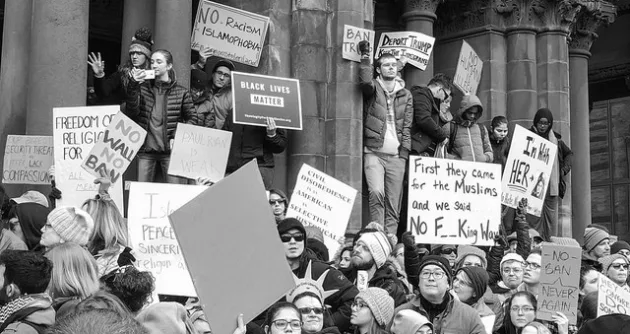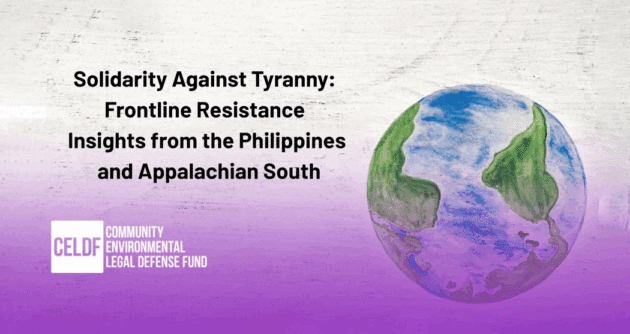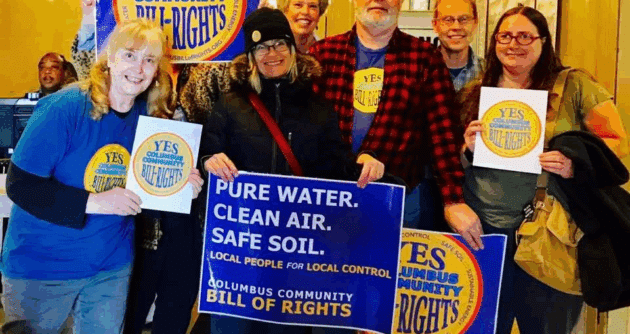The Right of Free Speech Includes the Right to Clean Air to Speak With
Look, if corporate property can be called a legal person, and if that person has a right to speak freely, but no mouth, and if corporate-cozy judges can make us all pretend for real that spending money is the way corporate property engages in free speech, making a metaphor into a law, then surely for actual people the right of free speech includes the right to have clean air with which to form the words in their mouths with the lips and tongue and palate that form the words they speak. And because their whole bodies literally, not metaphorically, depend on clean air for life and the ability to speak at all, they have a right to it. Wouldn’t you say?
Different Kinds of Persons; Different Kinds of Souls
Our modern languages refer to the air as the essence of our being, in fact our souls. David Abram has said that “Our word ‘spirit’ comes from this old Latin word, spiritus, which originally means a breath or a gust of wind. Our word ‘psyche’ comes from this old Greek word, psuche. The verb was psychein, which meant to breathe or to blow like the wind. And the noun, psyche or psuche, was a gust of wind or a breath of air. The Latin word for the soul, ‘anima’—where does that come from? An older Greek term, animos, which meant wind. Even such a scientifically respectable word as ‘atmosphere’” displays its origin in the source of the Sanskrit word atman, which means soul. But the origin of both words, atmos, meant the soul, which is the air, the air which is the soul. In fact, if you take the words for mind or spirit or soul in any language and trace them back to their oral origins, you’ll find at least one of those words names the air, the wind, or the breath as the very body of that mystery we call mind, soul, spirit.”

But all this applies only to human persons, not to corporate persons. They don’t have souls like we do. The essence of their being isn’t air, it isn’t connection to the world through their physical bodies, noses, and mouths, their throats and their lungs, because corporations don’t have bodies, they don’t have corpuses or corpses, even though they’re called corporations. But they have a right to free speech, even though they don’t have mouths to speak with, and can’t speak from the soul with the air the planet shares with us human persons for breathing and speaking. It seems the soul that articulates the speech of corp-orations is money. That’s an interesting difference. Wouldn’t you say?
Natural Ecosystems Breathe Like Natural Persons; Shouldn’t They Have Rights?
While we’re thinking about free speech rights for animate people and inanimate corporate property, maybe it’s worth considering the question posed by Dr. Seuss: “Who speaks for the trees?” And for the rest of the living world, for that matter. The answer isn’t going to be “the Lorax,” alas. Maybe it should be the people, who live in and are actually part of a local ecosystem who can speak for it to other people, as human representatives of the ecosystem. That means to judges and investors buying rights to extract natural resources, even if they say they won’t, and the lawyers who’ll represent them when they do. Nature requires legal rights if life on Earth is to survive, and the communities that make up part of local ecosystems would seem to be the right ones to speak on its behalf. Or do you think it should be corporate property doing the talking for nature, with money? Hmm. What could go wrong? Maybe a lot. Wouldn’t you say?



